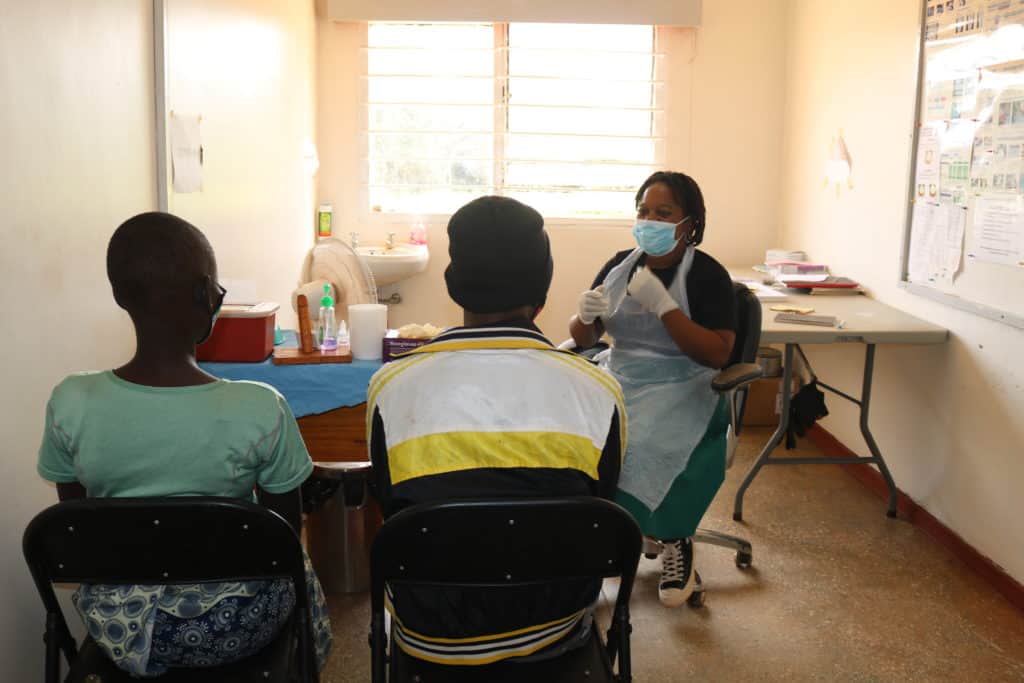Getting Tested for HIV in Malawi



Orant’s Kasese Health Center’s HIV unit runs a voluntary counseling and testing clinic every day. Staff greets patients with a warm welcome and refers them to a private room for counseling. Patients learn about HIV, its transmission, signs and symptoms, and prevention.
The HIV epidemic remains a challenge in Malawi. An estimated 1,100,000 Malawians live with HIV, according to a report by USAID. Women are disproportionately affected. And about 770,000 children are orphaned because of AIDS.
Testing involves an easy process of a small finger prick. Results are available in 15 minutes. We ensure total confidentiality throughout the entire process.
Orant runs prevention of mother-to-child transmission (PMTCT) clinics on Tuesdays. We require all pregnant women and their partners to come for HIV counseling and testing.
“The PMTCT clinic has been a great success,” says Treazer Bander, clinic coordinator. “In the past, women neglected antenatal care out of the fear of HIV testing. As a result, a lot of babies were born HIV-positive. But now things have completely changed. We’ve seen many HIV-positive mothers delivering HIV-negative babies.”
Every Wednesday, our clinic conducts Antiretroviral Therapy for HIV-positive patients. This treatment suppresses or stops the virus.
HIV counseling and testing are free. And knowing your health status is empowering.
According to the Center for Disease Control and Prevention, everyone between the ages of 13 and 64, should get tested for HIV at least once. However, pregnant women and people at higher risk are required to get tested more often.